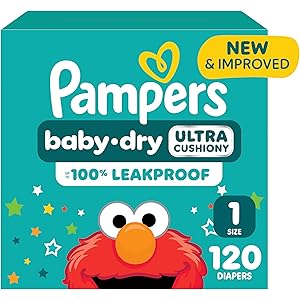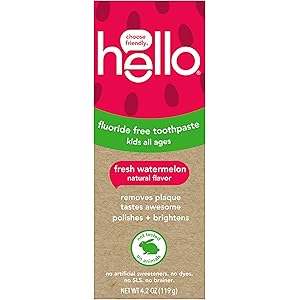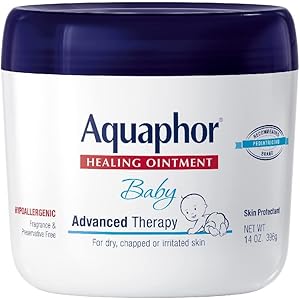hello Fresh Watermelon Fluoride Free Kids Toothpaste, 4.2 Oz Tube
$3.49 (as of October 12, 2025 17:46 GMT +00:00 - More infoProduct prices and availability are accurate as of the date/time indicated and are subject to change. Any price and availability information displayed on [relevant Amazon Site(s), as applicable] at the time of purchase will apply to the purchase of this product.)Understanding Prenatal Screening
Prenatal screening refers to a variety of tests conducted during pregnancy to assess the risk of certain genetic conditions and birth defects in the developing fetus. These screenings are typically non-invasive and can provide valuable information to expectant parents, allowing them to make informed decisions about their pregnancy and any necessary follow-up testing.
Types of Prenatal Screening Tests
There are several types of prenatal screening tests available, including blood tests, ultrasound scans, and combined screening methods. Blood tests, such as the first-trimester screening and the quad screen, measure specific substances in the mother’s blood that may indicate an increased risk of conditions like Down syndrome or neural tube defects. Ultrasound scans, particularly the nuchal translucency scan, assess the thickness of the fluid at the back of the baby’s neck, which can also indicate potential issues.
When is Prenatal Screening Performed?
Prenatal screening is typically performed during the first and second trimesters of pregnancy. The first-trimester screening usually occurs between weeks 11 and 14, while the second-trimester screening can take place between weeks 15 and 20. Timing is crucial, as early detection can lead to better management of potential health issues.
Benefits of Prenatal Screening
One of the primary benefits of prenatal screening is the peace of mind it can provide to expectant parents. Knowing the risk of certain conditions allows families to prepare emotionally and logistically for the arrival of their baby. Additionally, if a higher risk is detected, parents can seek further diagnostic testing, such as amniocentesis or chorionic villus sampling (CVS), to obtain more definitive results.
Limitations of Prenatal Screening
While prenatal screening offers many advantages, it is essential to understand its limitations. These tests are not diagnostic; they only assess risk levels. A positive result does not guarantee that a baby has a condition, and a negative result does not ensure that the baby is healthy. Therefore, it is crucial for parents to discuss the implications of screening results with their healthcare provider.
Understanding Risk Factors
Several factors can influence the results of prenatal screening, including maternal age, family history, and certain medical conditions. For instance, women over the age of 35 are at a higher risk for chromosomal abnormalities, which may lead to more frequent screenings. Understanding these risk factors can help parents make informed decisions regarding their prenatal care.
Follow-Up Testing Options
If prenatal screening indicates an increased risk for certain conditions, healthcare providers may recommend follow-up testing. Diagnostic tests, such as amniocentesis or CVS, can provide more accurate information about the baby’s health. These tests carry some risks, so it is essential for parents to weigh the benefits and potential complications before proceeding.
Emotional Considerations
The process of prenatal screening can be emotionally charged for expectant parents. The uncertainty surrounding test results can lead to anxiety and stress. It is important for parents to seek support from healthcare professionals, family, and friends during this time. Open communication about feelings and concerns can help alleviate some of the emotional burdens associated with prenatal screening.
Choosing the Right Screening
Selecting the appropriate prenatal screening tests can be a daunting task for expectant parents. It is essential to have thorough discussions with healthcare providers about the various options available, their benefits, and their limitations. Each pregnancy is unique, and personalized care is crucial to ensure the best outcomes for both mother and baby.



